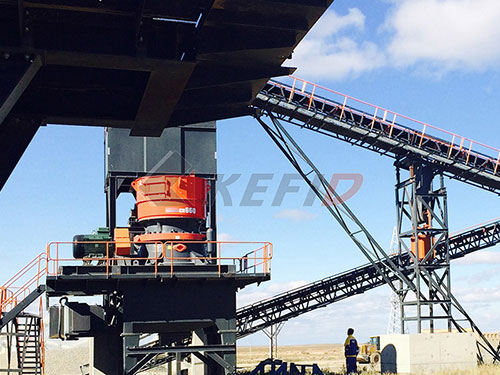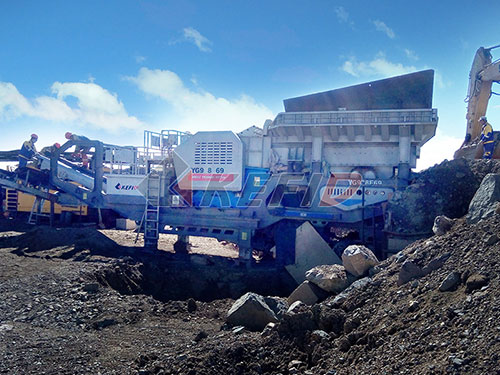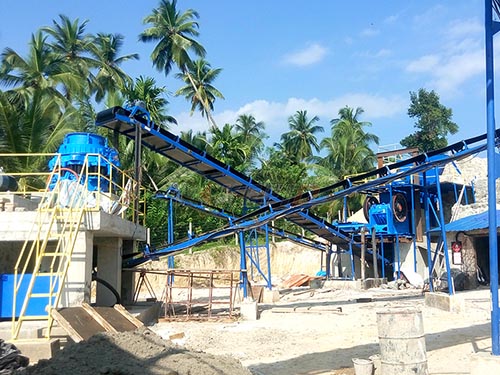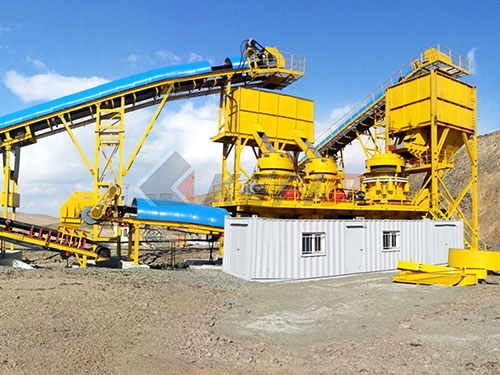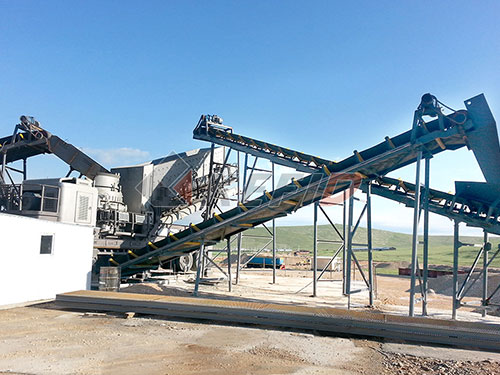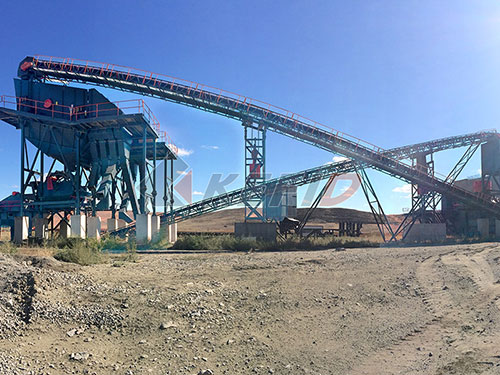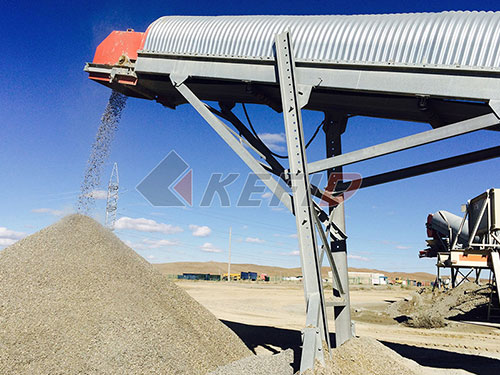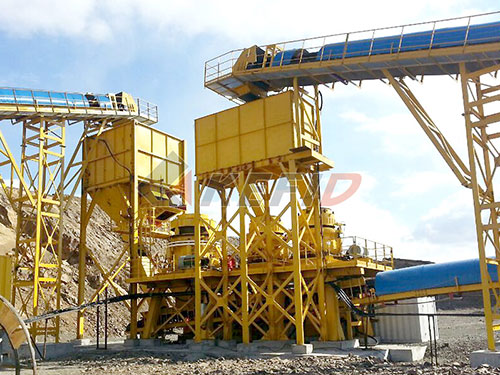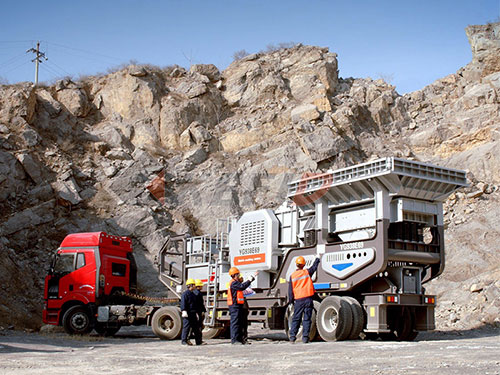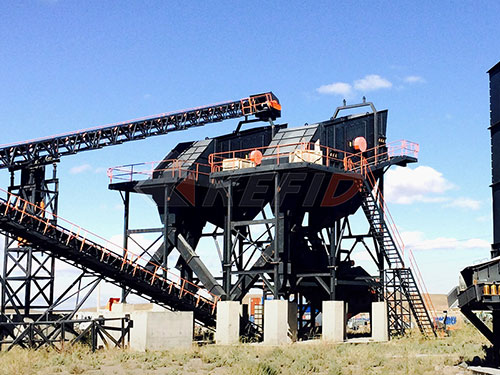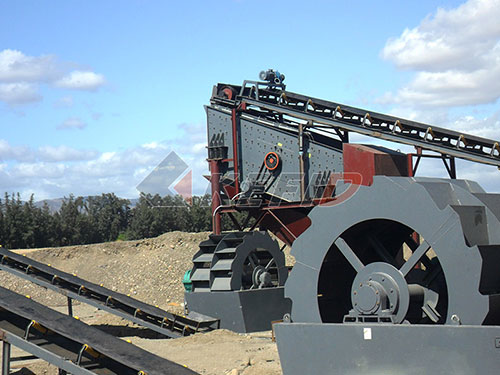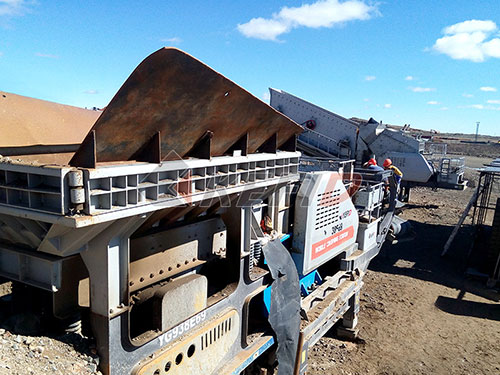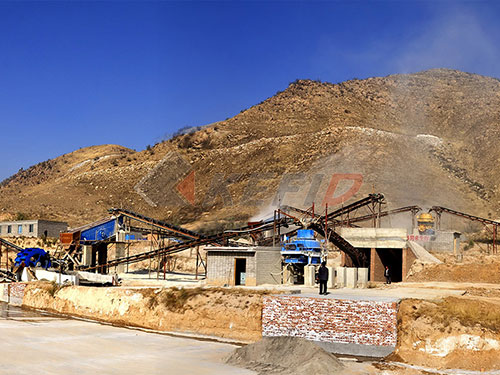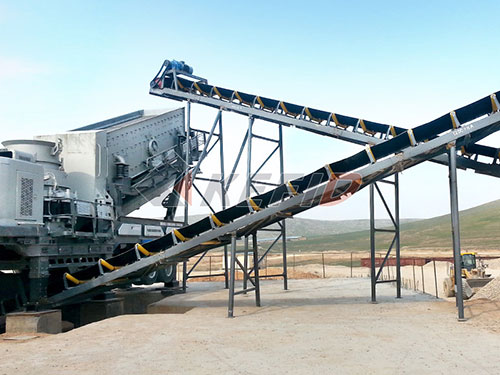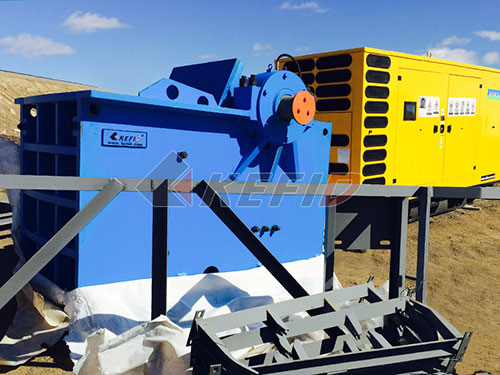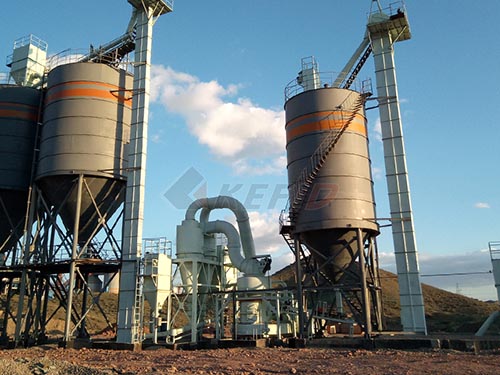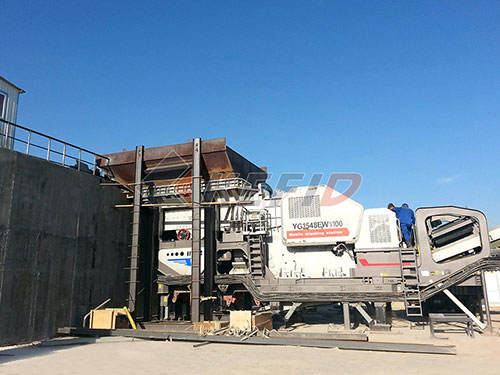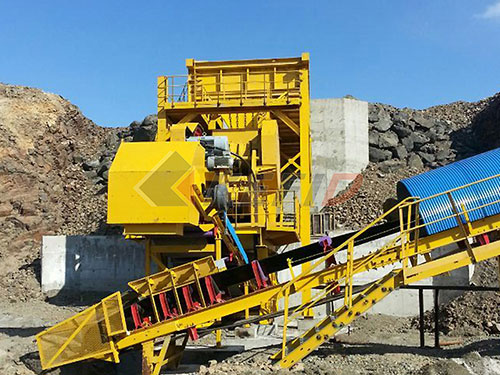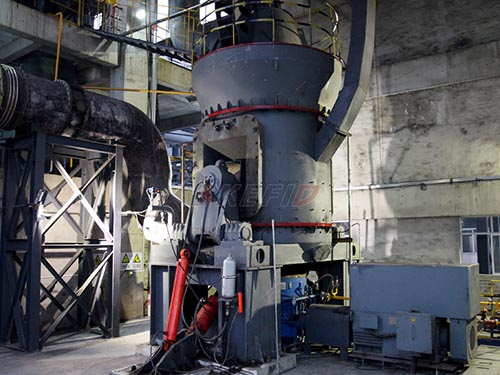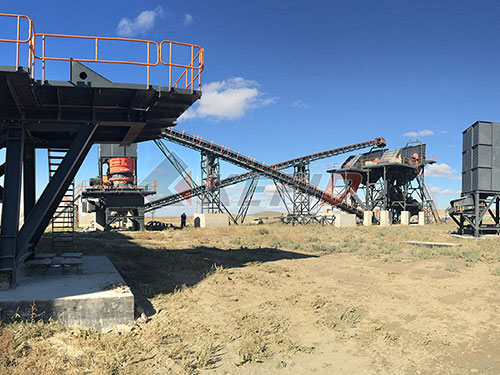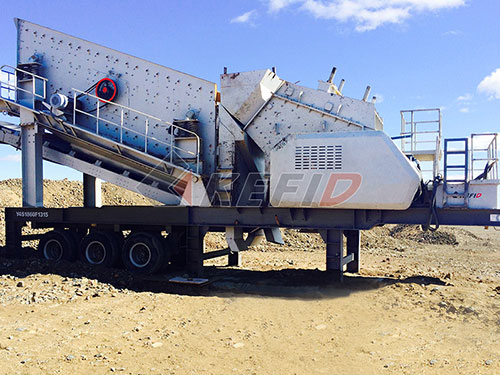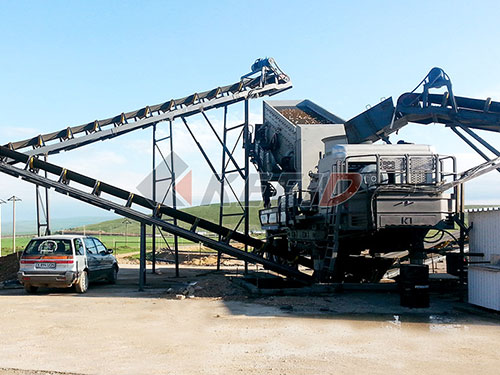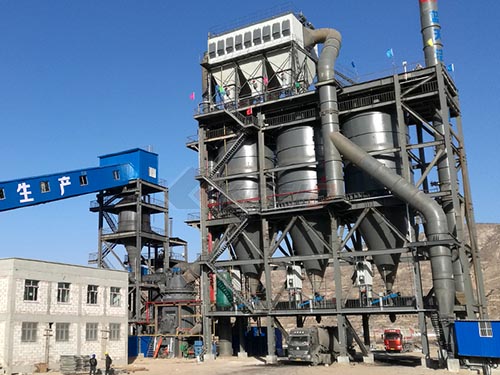The Stone Crushing Process: From Quarry to Construction Aggregate
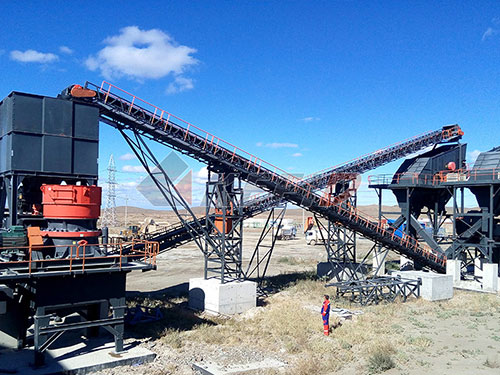
Stone crushing is a fundamental industrial activity, transforming large rocks extracted from quarries into specific sizes essential for countless construction and infrastructure projects. This multi-stage process involves specialized machinery and careful control to produce aggregates meeting precise specifications. Here’s a detailed look at the typical stages involved:
1. Primary Crushing (Coarse Reduction):
Objective: To break down the large blasted rock (run-of-mine) into manageable pieces, typically reducing it from sizes often exceeding 1 meter down to roughly 100-250 mm.
Equipment: Jaw Crushers are the most common primary crushers. They utilize a fixed jaw plate and a moving jaw plate that creates a powerful compressive force, squeezing the rock until it breaks. Gyratory Crushers are also used, especially in high-capacity operations, employing a mantle gyrating within a concave bowl.
Process: Large dump trucks feed the raw material directly into the primary crusher’s feed hopper. The crusher exerts immense pressure, fracturing the rock along natural fissures.
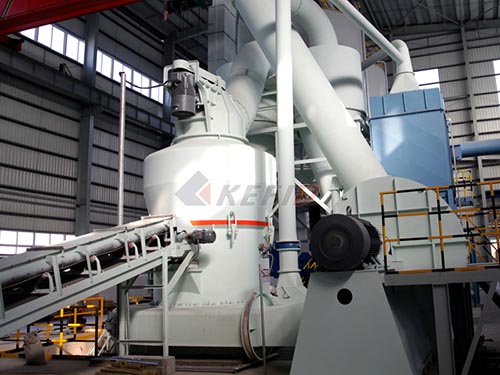
2. Secondary Crushing (Intermediate Reduction):
Objective: To further reduce the size of the material coming from the primary crusher, typically down to a range of 20-100 mm. This stage also begins shaping the aggregate particles.
Equipment: Cone Crushers are predominant here. They operate similarly to gyratory crushers but on a smaller scale, using compression between a rotating mantle and a stationary concave liner. Impact Crushers are also frequently used; they utilize high-speed impact forces (either via hammers/blow bars on a rotor or by throwing rock against anvils) to break rock and produce more cubical-shaped particles.
Process: The output from the primary crusher is conveyed (usually via belt conveyors) to the secondary crushing stage. Material enters the crusher chamber where it is subjected to compressive or impact forces.
3. Screening:
Objective: To separate the crushed material into distinct size fractions based on specific project requirements (e.g., coarse aggregate for concrete, base course for roads). Oversized material is sent back for further crushing (“closed circuit”), while correctly sized material moves forward.
Equipment: Vibrating Screens are standard equipment. They consist of one or more screen decks with specific-sized openings (meshes). Vibration causes smaller particles
